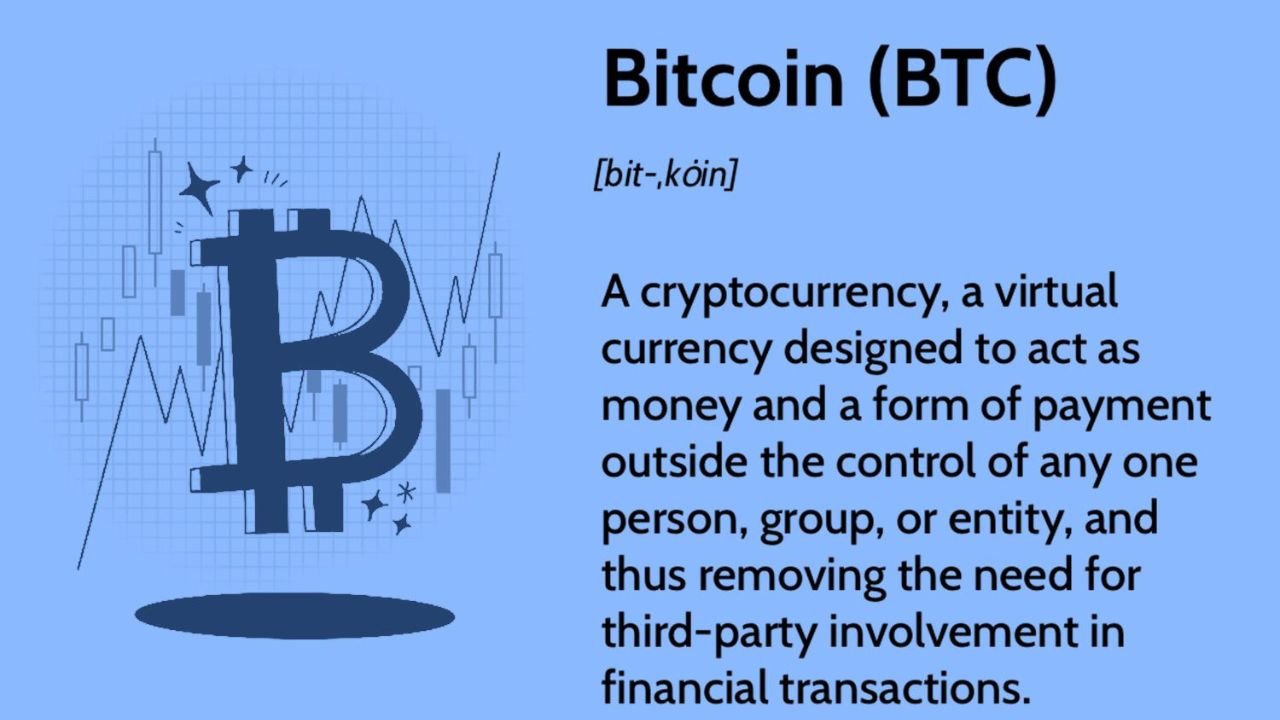Table of Contents
Introduction
Bitcoin’s transparency comes at a cost: Bitcoin is more than a new currency. It’s a statement of freedom, control and breaking free from the traditional financial system. It was the first time that money could be sent across the globe in a matter of minutes without the need for a bank or government approval. This blog is related to financeinfotech.com. It is fast, borderless and under your complete control. This is a hugely empowering experience for many people. What many people don’t know is that Bitcoins’ strength, its transparency, is also one of the biggest weaknesses. Each transaction is visible to everyone on a public ledger and security.

Bitcoin: Its foundation and weakness
The chain is the ledger at the core of Bitcoin. Anyone can examine every transaction, whether it’s past, present or future. The addresses and amounts are permanent, visible and traceable. This level of transparency provides security, prevents fraud and builds trust within a system that is not centralized.
This is also a security vulnerability. Bitcoin is pseudonymous and not anonymous. Although a user’s name is not attached to the wallet, it can be traced once an address is connected to a real individual, such as through a KYC exchange, or a merchant. Blockchain analysis companies like Chainalysis link addresses with individuals using metadata, patterns and clustering techniques.
Privacy is more important than you think
You might ask yourself: Why worry about privacy? The stakes may seem low, but they are actually much higher.
- Loss Of Personal Freedom Transaction histories reveal your beliefs, habits of donation, subscriptions and more. This can be a real danger to activists or dissenters in oppressive regimes.
- Surveillance capitalism: Corporations can profile your spending and influence what you buy, see, or do. You trade privacy for convenience if you don’t have privacy.
- Targeted discrimination Your spending can be used as a way to determine your worth, negotiate price, or influence employment and insurance opportunities.
- Data Security Once your financial trail is on the blockchain it will be there forever. Sealed wallets do not erase previous transparent trails.

How to Regain Privacy with Tools and Techniques
Coin Join and Mixing Services
Coin Join combines several users’ transactions to create a larger transaction, making it difficult to track who sent what. Coin Join is integrated into wallets such as Wasabi or Samourai, which gives users the illusion of anonymity.
These tools are frequently in the crosshairs of regulators. Some mixing services were shut down or under legal scrutiny due to allegations that they encouraged illicit behavior. This raises the bar for those who want more financial privacy.
Lightning Network – Private Channels at the Edge
Lightning Network is a network that operates outside of Bitcoin’s main blockchain, allowing for quick transactions in private channels. They are not recorded immediately on the blockchain, and onion routing obscures transactions paths. This adds an extra layer of privacy for everyday Bitcoin usage.
Altcoins Designed for Privacy
Privacy is a priority for some cryptocurrencies from the start.
- Monero uses stealth addresses and signatures on rings to anonymousize all transactional details.
- Zcash uses zk-SNARKS for shielded transactions to protect the sender, recipient, and amount.

Regulation: Chasing Privacy Into a Corner?
Privacy enhancement tools face increasing regulatory pressure. Money laundering, terrorist funding, and illegal transactions are cited by governments as reasons for cracking down against tools that hide financial flows.
Examples include:
- Tornado cash is sanctioned by U.S. Treasury and developers are being sued.
- The privacy community is under pressure from proposals to extend KYC/AML duties to software developers.
The Balance: Transparency and Privacy
Bitcoin’s transparency has both its blessings and its curse. It allows for decentralized, trustless financial transactions, but it also exposes users to lifelong monitoring.
The ideal future is a balance between:
- Privacy and Accountability : Ensure users are not exposed, while preventing abuses.
- Tech + Reg: Promote innovation in privacy tools and policies that respect human right.
- User choice: Empowering the user to protect their privacy whenever they need it, without condoning criminal abuse.

FAQs
1. Bitcoin is anonymous?
No. Bitcoin is pseudonymous, not anonymous. Once you link your wallet to your identity, all your transactions become public.
2. What is Coin Join?
Coin Join combines transactions from multiple users to create a single transaction, making it difficult to track where Bitcoin originated or went.
3. What is the Lightning Network’s role in protecting privacy?
Lightning allows transactions to be made off-chain that are not immediately recorded on the Blockchain. It also obscures routing paths and increases confidentiality.
4. What is privacy coin and how does it differ from Bitcoin?
Monero, Zcash and other coins are designed for privacy and hide transaction details by default. However, they face regulatory challenges as well as limited adoption.
5. Is it legal to use privacy tools?
There are different types. Some jurisdictions permit them while others restrict or prohibit them. Check local laws before using privacy-enhancing tools.
6. Why are regulators opposed to privacy features?
These tools are argued to be used for money laundering, tax avoidance, or funding illicit activities. This has led to regulatory opposition.
Conclusion
Bitcoin has always offered something very big: the freedom to control your own money. No banks, governments or anyone watching your back. In many ways it lives up to that promise. Anyone can verify the system’s functionality by checking the blockchain. This same transparency, however, can also slowly erode something we take for granted – our privacy. Your entire transaction history will be public once your Bitcoin address has been linked to your real name.
Leave a Reply